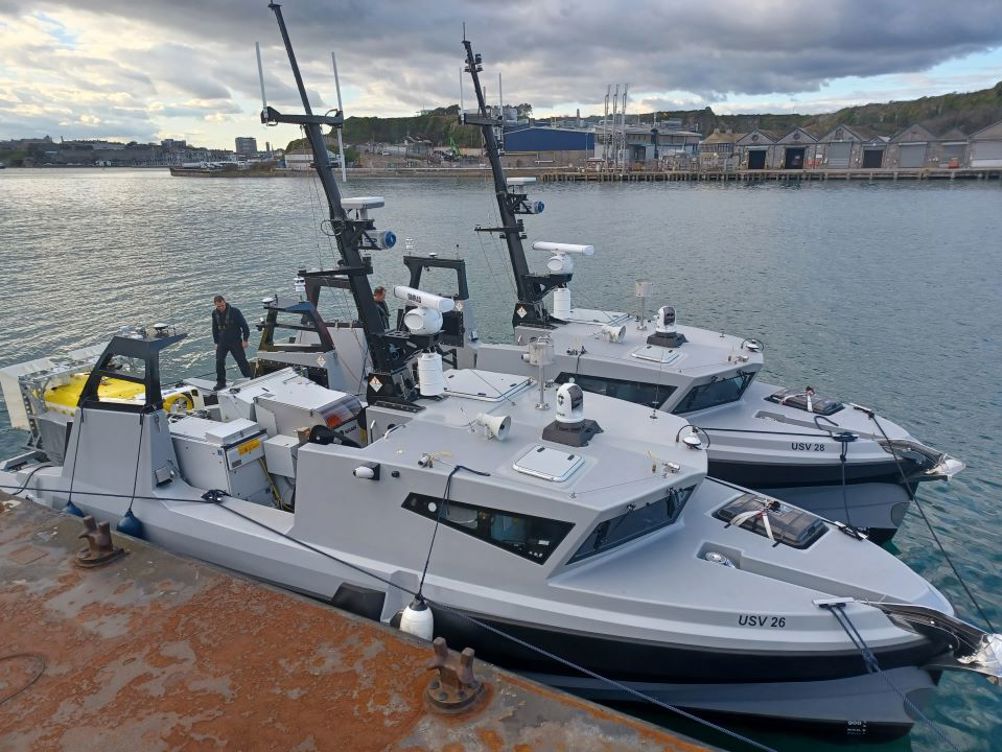“Everyone knows the ironic remark about the strategic weakness of the papacy made at the Yalta Conference: “The Pope? How many divisions?” It was a sign of the times, as a few centuries earlier, no one would have dared mock the power of the Vatican, regardless of the strength of its army.
The components of geopolitical power are not fixed: they evolve constantly in response to historical, technological, and societal changes. It goes without saying that during the Second World War, the number of tanks mattered far more than the spiritual authority of the Pontiff. In the 18th century, a state's standing largely depended on its demographics, since population size was the main source of tax revenue and military manpower.
What about today? If we listen to commentators and journalists, two key indicators are most frequently cited: GDP and defence spending. Without minimising their importance, I believe that in light of recent transformations, a third indicator should now be added: the number of graduates in science, technology, engineering and maths (STEM) fields.
In my view, what will truly determine a country's ability to control its destiny and influence the course of events in the 21st century is its capacity — and that of its citizens — to harness the power of new technologies and to stimulate their emergence. It will not only be necessary to be among the first to invent these technologies, but even more crucially, to be among the first to adopt them and turn them into competitive advantages.
We are at a unique moment in the history of technology.
It is a unique moment, firstly, because technology now permeates all sectors of our societies. Health, transport, education, energy, defence, and security — all the infrastructures on which our economies and lives depend have been transformed, particularly by the advent of digital technologies. This provides innovators with tremendous leverage, as the arrival of a new technology can have repercussions across multiple domains simultaneously. One only has to observe the ripple effects triggered by recent advances in artificial intelligence to see how true this is.
It is also a unique moment because we are standing on the threshold of several major technological breakthroughs. Some, like AI or quantum computing, will undoubtedly have a systemic impact. But I could also mention others, such as biotechnology and neuroscience, or robotics and autonomous systems… All are likely to trigger cross-sectoral upheavals of a magnitude that defies the imagination.
We must acknowledge that the scale, pace, and amplified impact of innovation have subtly ushered us into a new era. Global competition is now between those who are able to understand — and therefore best exploit — this remarkable technological abundance.

But having excellent researchers is not enough. We also need entrepreneurs, corporate and public sector managers, technicians, and political leaders who are equipped to understand these shifts, to incorporate them into their professions, and to define a coherent strategy. In other words, we need to raise the scientific literacy and skills of society as a whole.
And from this point of view, Europe is not yet up to the mark.
International comparisons are tricky, as classifications vary from one country to another, but it is estimated that 26 per cent of higher education graduates in Europe come from STEM fields, compared to 34 per cent in India — even though Europe’s population is three times smaller! Only Germany presents a respectable picture, far ahead of France.
Admittedly, the old continent possesses a scientific elite of the highest calibre, along with a first-rate technological and industrial heritage. But it suffers from a lack of scale. In military affairs, it is often said that “mass matters.” Now, in the technological domain, it does too. Unfortunately, Europe is lagging worryingly behind countries like India or China, and it cannot always compete with the magnetic pull of the United States.
If Europe intends to continue having a say in world affairs — if it seeks to avert a serious risk of geopolitical decline — it must act not only to strengthen its military and diplomatic capacities, but also to raise rapidly both the number of its citizens with scientific and technical expertise and the quality of that expertise.
This objective is widely agreed upon (it appears in many political party platforms across Europe), and we know what levers are needed to achieve it. The question now is whether we are ready to move quickly and decisively into action, in order to ensure we play our part in shaping the future of the world.
Patrice Caine, Chairman of Thales
Related content












CCC Report Finds UK Climate Targets Still Within Reach
In 1990 67% of the UK´s electricity came from coal-fired power stations and even without renewables the transition to gas was a major contributor to...